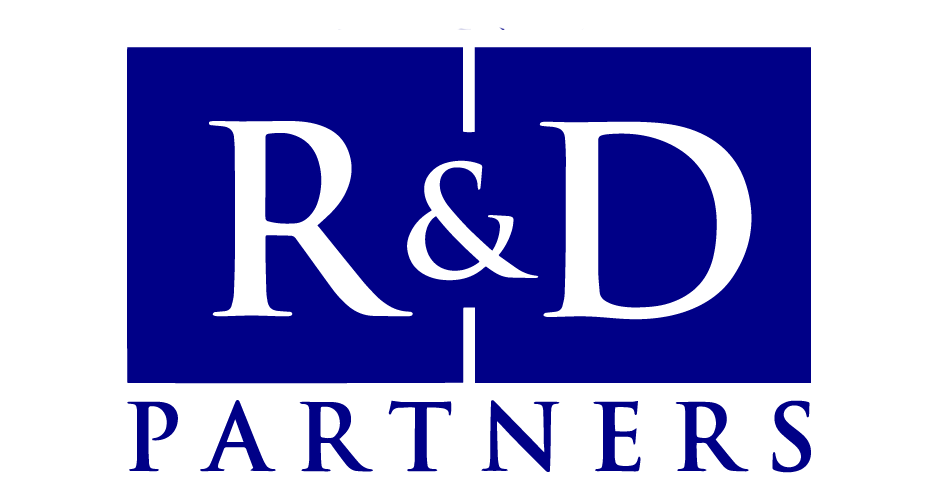On October 23, 2014, the Tax Court of Canada (TCC) ruled in favour of the taxpayer in a case where the Canada Revenue Agency (CRA) rejected SR&ED claims of the company Les Abeilles Service de Conditionnement Inc. This judgement brought to light many interesting considerations on SR&ED project eligibility and the type of activities that constitute experimental development.
The taxpayer had claimed four different projects. Each involved the development or improvement of manufacturing processes or methods to reduce cost and production time. CRA had refused all four projects on the basis that the project involved no “scientific uncertainty” or “systematic investigation” and that “routine” engineering was performed to resolve the challenges faced. CRA also argued that there was insufficient contemporaneous documentation for the projects.
The TCC ruled in favour of the taxpayer by stating that all four projects were SR&ED. They judged this case on the basis of two main questions:
– Was work undertaken for the purpose of achieving technological advancement?
– Was the work undertaken for the purpose of creating new devices or processes, including incremental improvements?
What is perhaps more interesting for the SR&ED world is the considerations that came out of the court discussions, namely:
1 – The entire project over the full development period rather than small subprojects or periods should be examined when evaluating the eligibility and “routiness” of an SR&ED project.
2 – There is no legal requirement to have specific SR&ED contemporaneous documentation; however, sufficient evidence should be in place to support the work done and related timeframe.
3 – Productivity rates and cost reduction are eligible technological objectives for manufacturing SR&ED projects.
This ruling brings positive news for the manufacturing environment where proving eligibility for SR&ED can be challenging. The bottom line is that if R&D work is performed with the intent of attempting to meet technological objectives (including cost and productivity targets) and that readily known standard routine practices (for the full project) cannot be used to overcome the technological uncertainties, then there may be technological advancement and an eligible SR&ED project.
How R&D Partners Can Help
If you have questions or comments about this ruling or with respect to SR&ED tax credits, please do not hesitate to contact Mike Lee at 1-800-500-7733, ext 110 for more information.
Have you visited our library of white papers?




Leave a Reply
Want to join the discussion?Feel free to contribute!